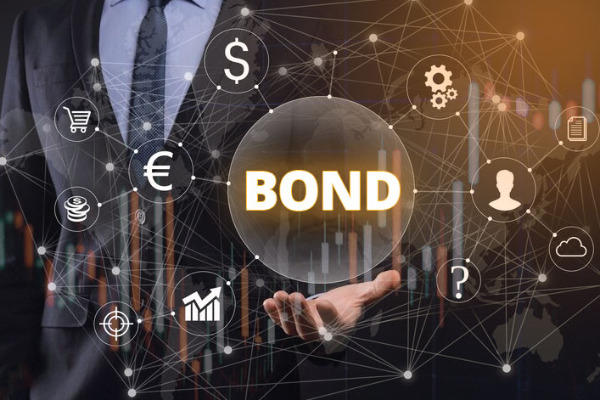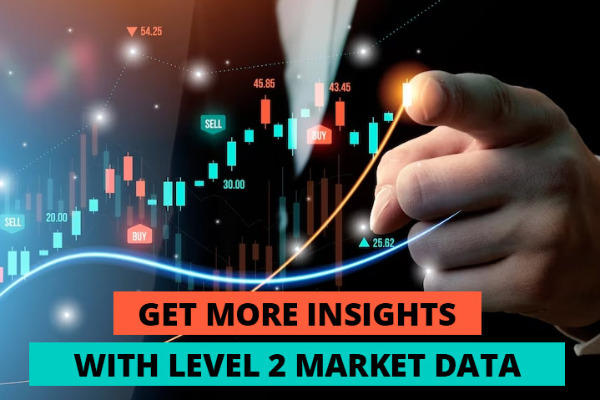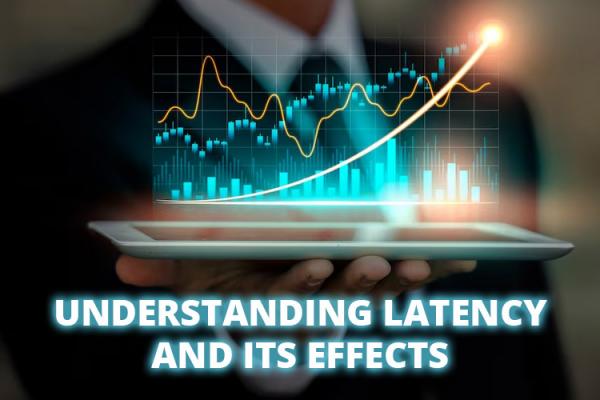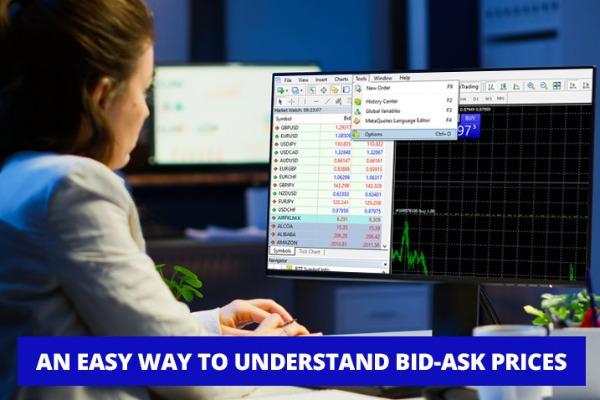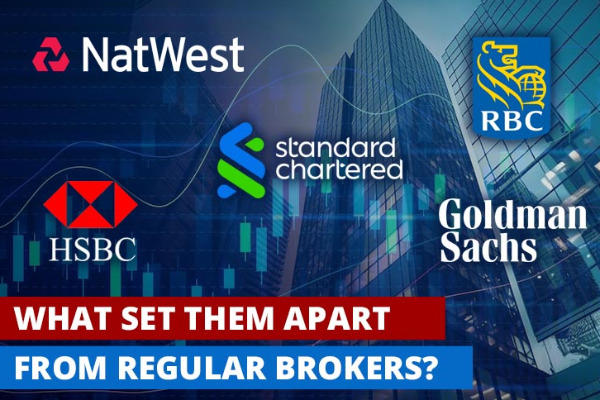If you want to start forex trading, you should first know the anatomy of the forex market to understand prices, supply, and demands in the forex market.

One thing that is often said about forex trading is that it is done over the counter. Unlike stocks and bonds which have to be traded through an exchange, forex trading could happen without a central exchange.
So, where do transactions occur?
It is in a huge network in which various entities buy and sell currencies continually with each other.
When we talk about the forex market, it does not refer to a certain building somewhere in which brokers buy and sell according to our instructions.
Rather than the usual market, the forex market resembles a worldwide web consisting of central banks, dealers, big banks, institutional investors, and retail traders.
None of those players have the power to determine the exact value of a currency, as the exchange rate is determined through the power of supply and demand in the market. Nonetheless, there are differences in their power to drive price changes.
Let's discuss them starting from the most to the least powerful.
1. Central Banks
In the first place is the Central Banks. Each country has its own central bank that functions as the banker's bank as well as monetary authority.
In that sense, central banks usually have the authority to print money, retract money, and do other measures or interventions in order to stabilize the country's monetary and economic condition. This makes central banks to be one of the key players in the forex market. Because of this reason too, central bank policies commonly affect the value of their currency's exchange rate.
Leading central banks that control major currencies particularly hold huge influence in the forex market, including the US Federal Reserve, UK's Bank of England, European Central Bank, Swiss National Bank, Bank of Japan, Reserve Bank of Australia, Reserve Bank of New Zealand, and Bank of Canada.
2. Forex Dealers
Forex dealers are global banks that collectively make up the interbank market. They trade forex in a ridiculously huge amount of money each day among each other through Electronic Brokering Services (EBS) or Reuters Dealing 3000-Spot Matching. They also became the hub through which their clients can gain access to the forex market.
Major banks that also doubled as forex dealers include Deutsche Bank, UBS, Citigroup, Barclays Capital, RBS, Goldman Sachs, HSBC, Bank of America, JP Morgan, Credit Suisse, and Morgan Stanley.
These forex dealers are the ones that are often known as market makers of the forex market as they have the power to determine prices and control liquidity in the market for the rest of the market.
As of June 2020, the top-tier interbank market accounts for 51% of all transactions in the forex market. Here are their market shares:
| Rank | Name | Market Share |
| 🥇1 | 🇺🇸JP Morgan | 10.78% |
| 🥈2 | 🇨🇭UBS | 8.13% |
| 🥉3 | 🇬🇧XTX Markets | 7.58% |
| 4 | 🇩🇪Deutsche Bank | 7.38% |
| 5 | 🇺🇸Citi | 5.50% |
| 6 | 🇬🇧HSBC | 5.33% |
| 7 | 🇺🇸Jump Trading | 5.23% |
| 8 | 🇺🇸Goldman Sachs | 4.62% |
| 9 | 🇺🇸State Street Corporation | 4.61% |
| 10 | 🇺🇸Bank of America Merrill Lynch | 4.50% |
Source: Euromoney's FX Survey 2020
3. Banks
The next group of players is ordinary commercial banks that include your usual brand of banks, excluding the aforementioned forex dealers.
These banks can access the interbank market where prices can be accessed through Electronic Brokering Services (EBS) or Reuters Dealing 3000-Spot Matching.
They buy and sell currencies for themselves and their clients, and also connect the next group of players to price quotes and liquidity.
4. Other Financial Institutions
Financial institutions like hedge funds, big companies, and brokerages are the ones who make up major orders to commercial banks.
They don't have a direct connection to the interbank market, but they may have big funds to back them up. The big funds mean that they have considerable pull in the forex market, but are infinitely smaller in scale compared to the market maker banks or governments.
Forex brokerages that facilitate retail forex traders can be a part of this group as well, or the previous one, depending on the way they do their business.
Therefore, it also needs to be noted that prices on the trading platforms provided by forex brokers are not generated by themselves, but derived from the interbank market through platforms developed and maintained by the forex dealers.
5. Retail Forex Traders
Retail traders are individuals who participate in the forex market by themselves. They're called retails as they typically trade on a much smaller scale than banks and other financial institutions.
This is possible due to the advance of technology that allows ordinary people to trade forex online from whenever and wherever they are. There might be millions of traders out there; a huge number that definitely beat the previous groups.
Even so, separately and cumulatively, they have very little power in the forex market. They can take advantage of price changes in the market, but they can not push to change prices according to their will. Hence, retail traders are often called speculators or simply market users.
If we put them together, here is where individual traders among other players in the forex market anatomy:

See where retail forex traders are in the forex market? That is how small we are compared to the bigger players.
The other players have no power to determine price with exact precision, but they have become superior as they place higher on the ladder and have bigger power in buying and selling.
For them, the cost of transactions is smaller, the time lags between order and execution are almost non-existent, and the amount of funds they control is huge.
Because of this, we may not be so arrogant as to think that retail traders can control the market. This is also the reason why understanding market sentiments is considered very important in some quarters and explains how mere economic estimates can hold considerable influence in the market.


 Dedicated FREE FOREX VPS
Dedicated FREE FOREX VPS Free FOREX Virtual Private Server
Free FOREX Virtual Private Server MT4 Demo Contest, Get $500
MT4 Demo Contest, Get $500 Sign Up for an Account, Claim 60% Deposit Bonus
Sign Up for an Account, Claim 60% Deposit Bonus Free MT4/MT5 VPS 2024
Free MT4/MT5 VPS 2024 Send E-mail and Get Free Merchandise
Send E-mail and Get Free Merchandise $1K Refer a Friend Bonus for Pepperstone Pro clients
$1K Refer a Friend Bonus for Pepperstone Pro clients Maximize Your Earnings with 100% Deposit bonus
Maximize Your Earnings with 100% Deposit bonus Trade to Win, $5,000 Monthly Demo Contest
Trade to Win, $5,000 Monthly Demo Contest Claim 30% + 15% Deposit Bonus from LiteFinance
Claim 30% + 15% Deposit Bonus from LiteFinance



